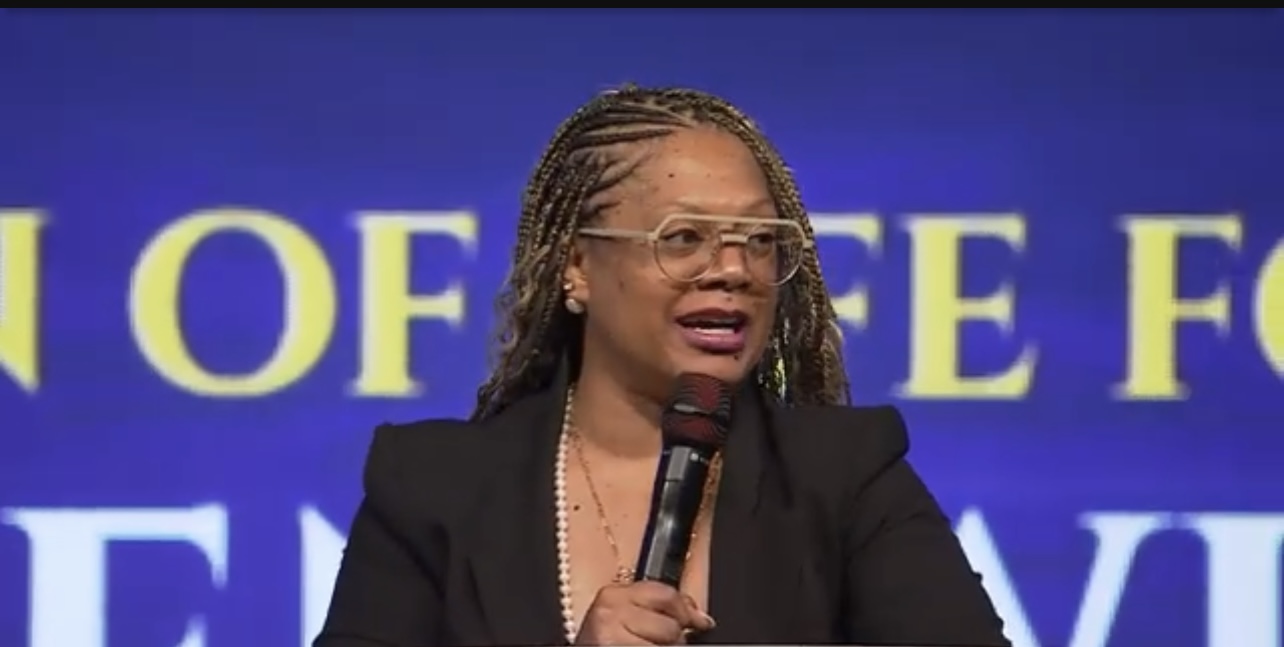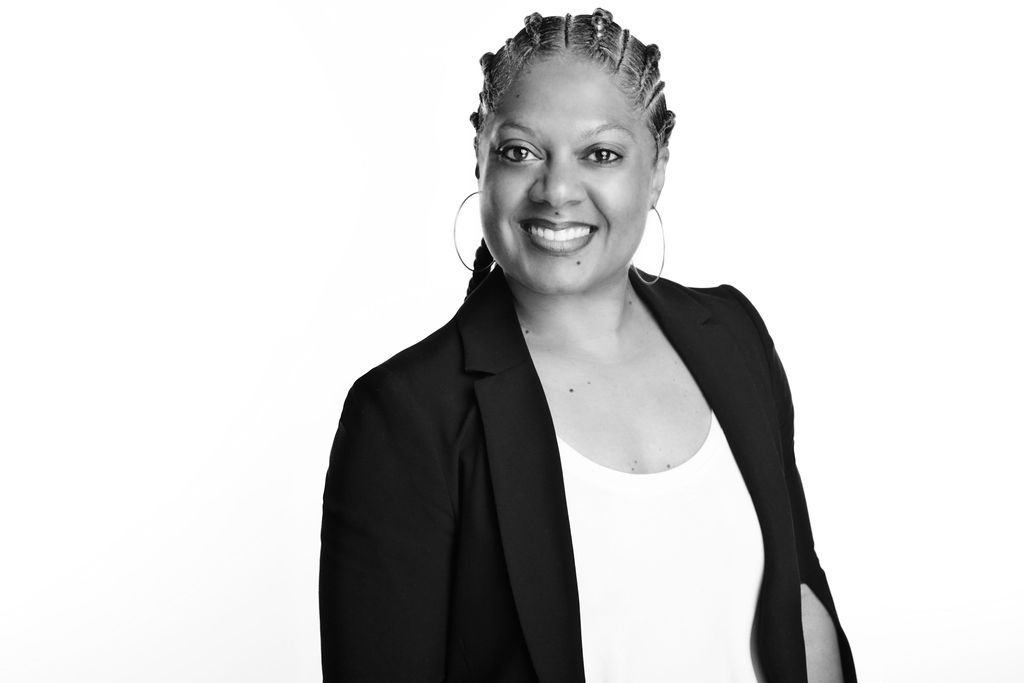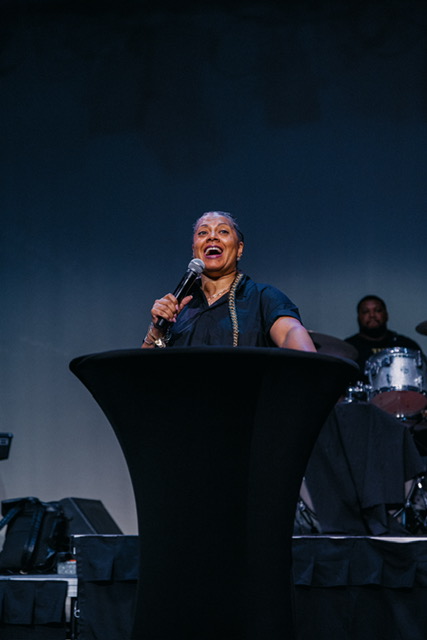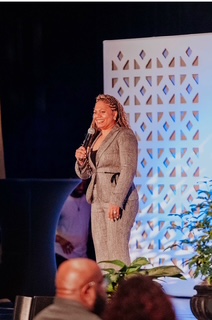

Today we’d like to introduce you to Catina Parrish Clark.
Hi Catina, we’d love for you to start by introducing yourself.
My journey at Mount Zion Baptist Church began in 2008 after wrestling with God about my calling to ministry and about changing my membership from the church I grew up in . While continuing to hear from God and grow in my faith, God led me to apply for the Masters of Divinity program at Vanderbilt Divinity School. That path led me towards chaplaincy while completing my degree at Vandy, then on to becoming the Lead Chaplain at Tristar Southern Hills Medical Center. After serving there from 2014-2019, the path of chaplaincy led me to serve as the Director of Pastoral Care at Tristar Parkridge Medical Center in Chattanooga, TN to oversee the spiritual care of patients and staff for five campuses. My initial plan included at least a three-year stint at Parkridge Medical Center, but having met my husband two weeks prior to my departure to Chattanooga, our engagement and decision to get married, led me back to Nashville just short of two years. Our senior pastor, Bishop Joseph W. Walker, III got word I was moving back to Nashville and called to make me aware of the Executive Director of Congregational Care position he sought to fill. I accepted the role in July of 2021 and now serve as the Associate Pastor of Congregational Care which includes oversight of the care of our membership as well as serving in an associate pastor capacity.
Would you say it’s been a smooth road, and if not what are some of the biggest challenges you’ve faced along the way?
I wish I could say that it was, but neither elevation professionally, nor spiritually comes without struggle. Even the Bible says, “after you have suffered a while, the God of all grace will perfect you.” I am a living testament of that truth as my tenure in this role came at a time when the church was in transition in more ways than one, and transition always comes with its own set of challenges. We were amid pivoting from being completely virtual to integrating back into the in-person worship experience. Being in a new role figuring out how to manage the new responsibilities and set infrastructure in place without having the infrastructure needed in place to be able to glean from was challenging. We had “done church” both in-person and virtual prior to the pandemic, but we had no idea what we would incur coming back into in-person worship. Would the people come back? If so, what would that now require of us. Putting together a process to take care of our congregants across the city, state and globe whether they were in person or virtual pushed me to think outside the box for sure, but I also faced challenges because of the newness of the role I held. Being one of two of the first female pastors in the history of Mount Zion caused the staff and the church at large to have to wrap their minds around how to now be subject to leadership being shared with our senior pastor. That was new to our church because traditionally in the Black church, leadership typically comes from only from the pastor of the church. I can honestly say that each challenge has produced a greater level of awareness of my strengths, and has also built me up for the next leg of the journey.
Thanks – so what else should our readers know about your work and what you’re currently focused on?
I serve as the Associate Pastor of Congregational Care at Mount Zion Baptist Church. The need for care from the church can arrive from multiple areas. I oversee funerals and our Grief Share ministry, weddings, baptisms, baby dedications and our Deacons/Deaconess ministry, house/business blessings, and also our Divorce Care ministry. I am celebrated for the warmth and compassion shown to our congregants during some of the most vulnerable times of their lives. I am most proud of the process I’ve put in place to manage the care needs that are presented for the church’s support because it allows the number of congregants we have to not only receive the care they requested, but it also makes room for a continuity of care to be provided to them. What sets me apart as a leader in this capacity is I don’t mind sharing the success of what I do with the servant leaders within the ministry who work alongside of me to make it happen.
Can you tell us more about what you were like growing up?
One of the things my mother has stated about me as a child was I was one who would always try to ensure that the needs of others were met in the neighborhood. She contributed my outgoing and social personality as being an attribute to relationship building, and the ability to make amends in relationships within the community I grew up in. I was always interested very young in being a candy striper in the hospital setting and was able to finally serve in that capacity in high school. Volunteering in that capacity allowed me to exercise my ability to socialize very easily, while also demonstrating compassion to help those in need in that setting.

















